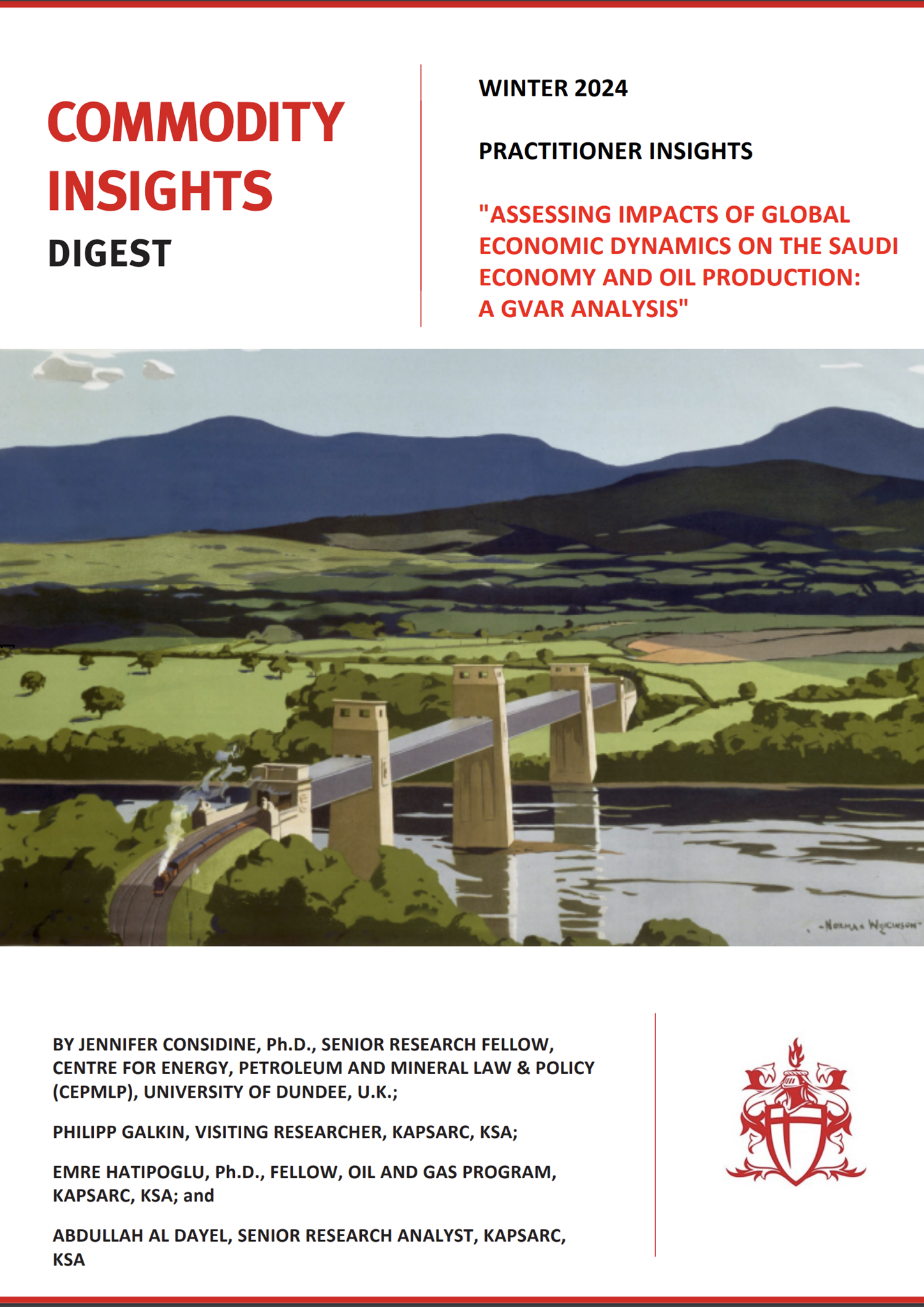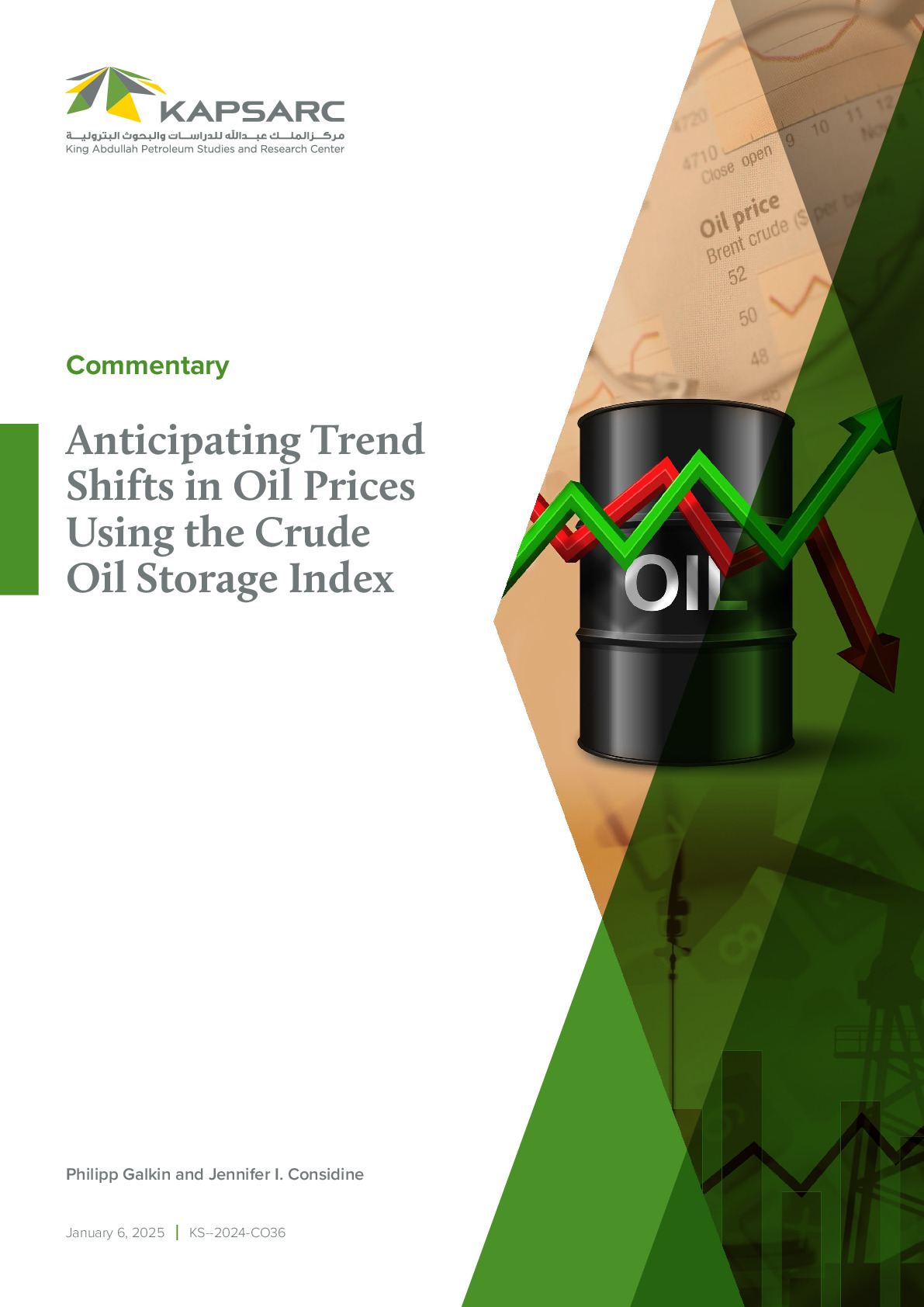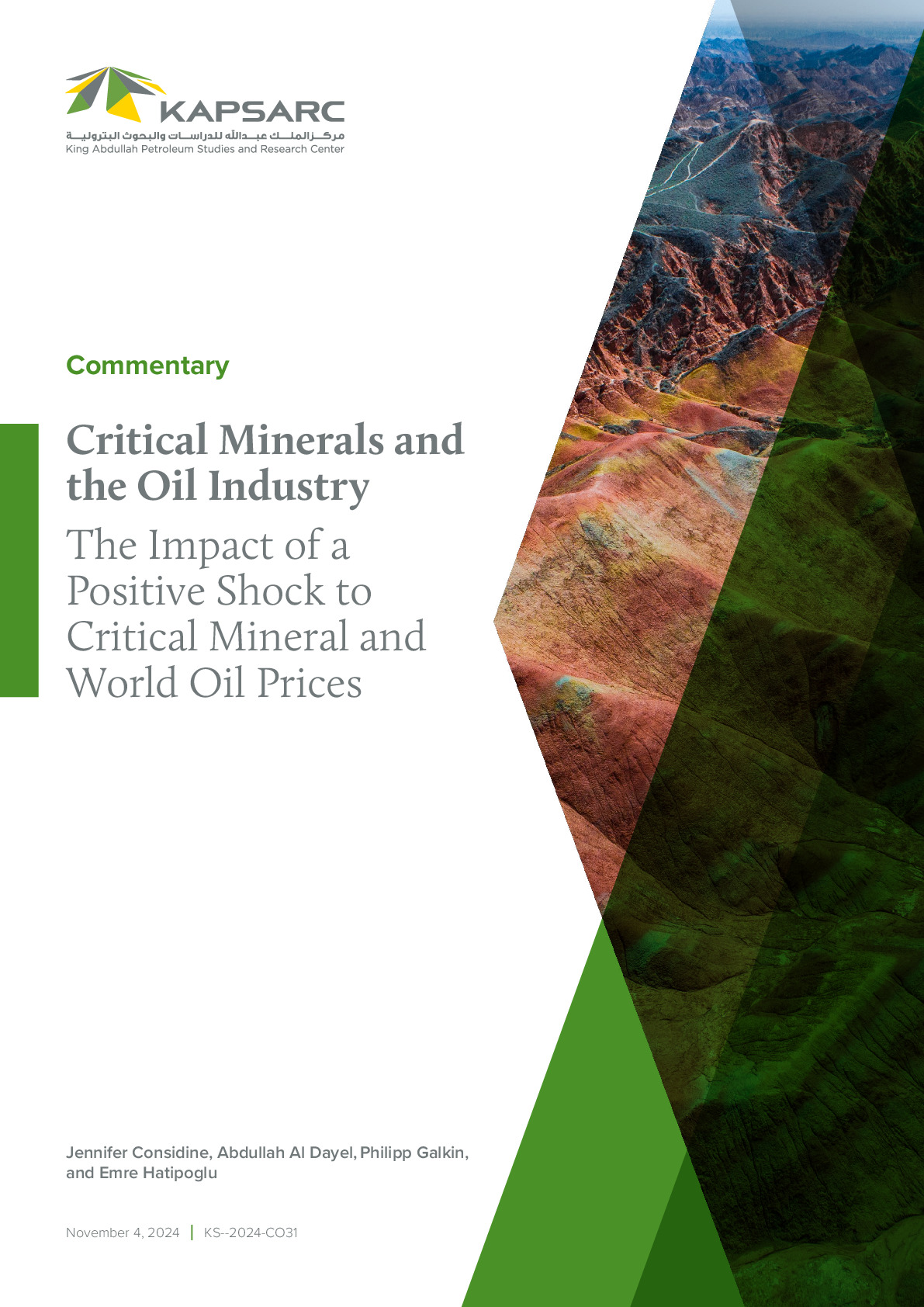This study develops a Global Vector Autoregression (GVAR) model to simulate various types of shocks to oil markets and to see whether such shocks are time-sensitive in oil markets. Our model extends the canonical Mohaddes and Pesaran (2016) model temporally (to 2018Q3), spatially (including Russia, Iran, and Venezuela), and by adding oil inventories as an additional country-specific variable. Two of its characteristics make GVAR particularly suited to this analysis. First, the GVAR framework is specifically designed to account for the interaction between many countries. Second, world oil supplies and inventories are modeled jointly with key global and country-level macroeconomic variables. The results indicate conditions existing in the markets prior to the disturbance determine the global economic implications of an oil price shock. To cite only one example, a negative price shock in markets characterized by loose inventories will have significant negative implications for real GDP in the consuming nations, specifically Europe Latin America, and the Asia Pacific. In tight markets, on the other hand a negative price shock has the potential to increase real GDP for the world as a whole.

Visiting Researcher- Oil & Gas
Dr. Considine is an Honorary Senior Research Fellow at the CEPMLP in Scotland, where she has developed courses and seminars…
Dr. Considine is an Honorary Senior Research Fellow at the CEPMLP in Scotland, where she has developed courses and seminars on various topics related to the energy industry. She has published a book and several papers on energy politics, world oil market projections, and the Russian oil economy and its future role in the global energy market. She has also consulted for several energy companies and organizations, such as Coastal Corp. Ecopetrol, ANR Pipeline Company, Husky Energy, Pieridae Energy, and the University of Texas at Austin School of Law. She is passionate about advancing knowledge and understanding of the energy sector and its complex dynamics. Dr. Considine holds a Ph.D. in Economics from the University of Aberdeen and a master’s degree in Economics from the University of Chicago.
Expertise
- World oil and inventories
- Commodity trading and technology
- Russian oil industry
- Econometrics options pricing
- Commercial strategies
Publications See all Jennifer Considine’s publications

Assessing Impacts of Global Economic Dynamics on the Saudi Economy and Oil Production: A GVAR Analysis
This study develops a Global Vector Autoregression (GVAR) model to simulate various types of shocks…
14th January 2025
Anticipating Trend Shifts in Oil Prices Using the Crude Oil Storage Index
This study develops a Global Vector Autoregression (GVAR) model to simulate various types of shocks…
7th January 2025


